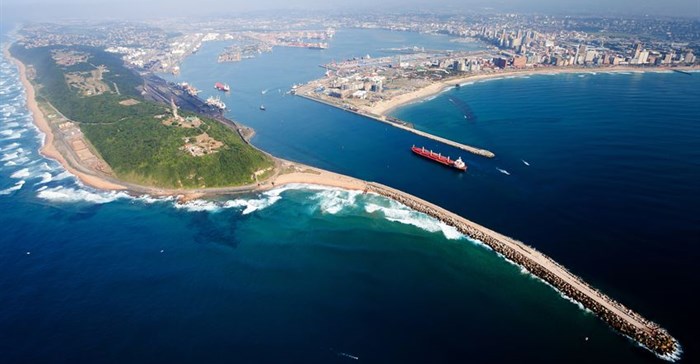The Port Regulator of South Africa's decision to grant a 0% tariff increase to the Transnet National Port Authority (TNPA) will reduce the authority's revenue by more than R600m.
TNPA had asked for 5.9% tariff increase, but on Wednesday, 2 March, the regulator announced it would not grant an increase, citing "cargo volume and market-related factors".
Transnet Group acting CEO Siyabonga Gama lamented the lack of tariff increase, saying the regulator could have at least granted a 2% increase to account for inflation. But he said there was a "window" to discuss the decision with the regulator.
Last year the authority applied for a 9.5% tariff increase and was granted a 4.8% increase.
Transnet is in the meantime waiting for a decision by the National Energy Regulator of SA on its application for a 21.3% tariff increase on the petroleum pipeline, a cost payable by all the major oil companies in SA.
Analysts have criticised SA's ports charges for being among the most expensive in the world, an allegation denied by Transnet.
The Port Regulator said the ports are expensive in some areas and cheaper in others.
Gama said while capital expenditure had been allowed for, the regulator had not properly accounted for inflation.
He said the regulator could make an adjustment upwards in the next year's tariff to compensate for losses this year.
"However, there is an opportunity cost of not earning that revenue now," said Gama.
Port Regulator CEO Mahesh Fakir said the 0% increase would not "cut down" on TNPA's capital expenditure and its ability to develop the country's ports.
He said the decision had not been taken with the intention of "causing harm" to the authority.
Transport economist Andrew Marsay said in terms of containers and automotive handling at South African ports, Transnet had a 100% monopoly as the owner and only operator, and charges were four or five times that of other nations.
Charges in SA and in other countries needed to correlate.
"Transnet may justify a proposed tariff increase requested by saying that revenues need to be maintained, perhaps even in the face of slowing demand or vessel calls, because they need the money for ongoing investment in the ports. But Transnet's investment plans should not be the only consideration," said Marsay.
Fakir said port charges in SA were expensive when compared to those in other countries in terms of containers and automotive handling. But charges were lower in terms of coal, iron ore and marine charges. As part of the tariff decision, the regulator also granted an average reduction of 10% in the tariff for full export containers as well as a 60% discount to all automotive volumes.
Marine service charges would be increased 3% with discounts for SA-flagged vessels. In light of the country's drought relief efforts and the effect on food security, cargo dues for maize will be lowered by 50% for the first five million tonnes.
Source: Business Day













































